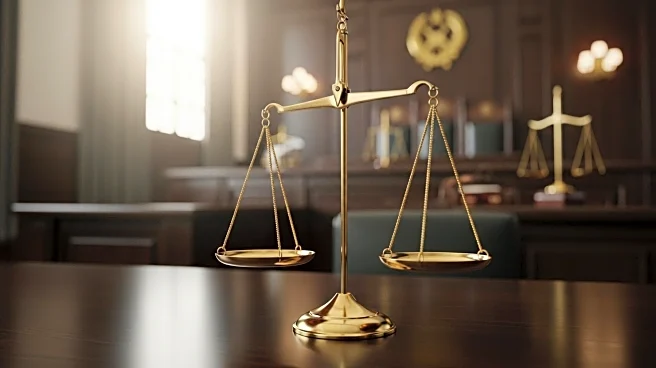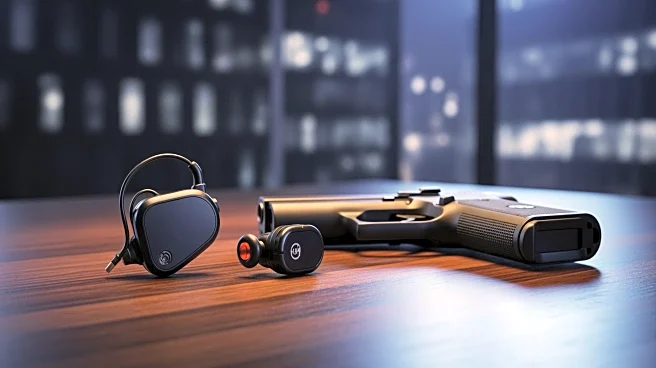What's Happening?
The U.S. Supreme Court has issued a ruling in the case of Perttu v. Richards, which significantly impacts the rights of incarcerated individuals seeking justice for constitutional violations. The decision emphasizes that questions of material fact and credibility should be determined by a jury rather than a judge, marking a shift in the legal landscape for prisoners under the Prison Litigation Reform Act (PLRA). The PLRA, enacted in 1996, was intended to reduce frivolous lawsuits by prisoners but has often created barriers for those seeking justice. The Supreme Court's decision affirms that when disputes regarding exhaustion of remedies intersect with the merits of a claim, a jury should decide the issue. This ruling strengthens the ability of prisoners to hold institutions and officials accountable, ensuring that procedural obstacles do not deny them a fair opportunity to pursue legal claims.
Why It's Important?
This ruling is crucial as it reinforces the right to a jury trial in cases where procedural requirements are intertwined with the merits of a claim. It ensures that prisoners, who often face significant barriers in navigating grievance procedures, are not denied their constitutional rights due to technicalities. The decision serves as a check on institutional power, highlighting the importance of community judgment in resolving factual disputes. It has broader implications for civil litigation, offering a precedent for challenging procedural dismissals that deny individuals their day in court. This ruling is a victory for the integrity of the justice system, ensuring that vulnerable individuals are not silenced by procedural hurdles.
What's Next?
The Perttu v. Richards ruling may influence other ongoing cases involving the rights of incarcerated individuals, such as Hogan v. Wayne County, which addresses issues of a sexually hostile environment and racial discrimination within jail facilities. The ruling provides a framework for courts to consider the role of juries when exhaustion of remedies is contested. Legal practitioners may use this decision to challenge procedural barriers that disadvantage vulnerable clients, advocating for full adversarial proceedings in cases where procedural compliance issues overlap with substantive constitutional or statutory violations.
Beyond the Headlines
The decision underscores the importance of jury trials as a democratic check on institutional power, transcending prisoner litigation to apply to any case where individual plaintiffs face powerful institutional defendants. It serves as a reminder that procedural rules should not be used to silence legitimate grievances, reinforcing the principle that no one should be denied their day in court due to procedural obstacles.









